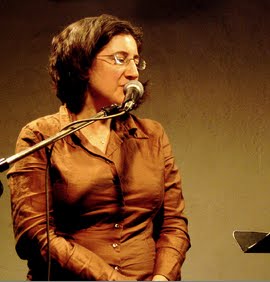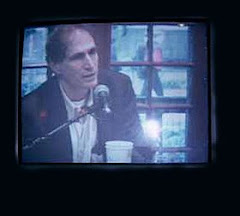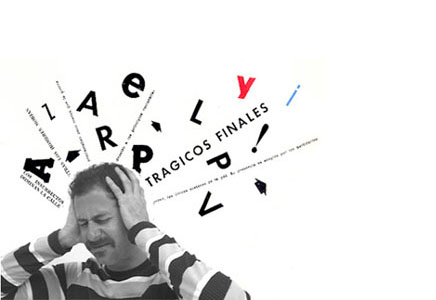I look forward to each new PoemTalk for the sharp insights of its panelists..., but this is the first episode that covers both a poet and a poem with which I’m intimately familiar...
For me, the most salient aspect of the program was hearing Charles Bernstein discuss the great sway that Ginsberg’s Songs of Innocence and Experience album had over him as a Harvard undergrad — in part because I had a similar experience during my college years. Somehow, I’d managed to come across a 50%-off coupon to Borders and scurried out to the local strip mall as quickly as possible to purchase a (suddenly affordable) copy of Ginsberg’s 4-disc box set, Holy Soul Jelly Roll: Poems and Songs, 1949-1993, which I then listened to intensely over the next few years. I remember being stranded in Cleveland over the summer of 1999, during which time my discman and sleeve of cds were one of the few defenses I had against monotony and a quickly-dissolving romantic relationship — and one of my favorite things to listen to was disc 3 of the Ginsberg collection, which was largely comprised of selections from the Blake album.
 Why the Blake tracks in particular? First, while I was well-acquainted with Ginsberg’s major poems (in fact, by this point, the spine was nearly broken on my big red Ginsberg collected from little slips of paper marking my favorite poems), they tend to run long, and it requires a considerable amount of attention to absorb, say, a thirty-minute recording of “Howl,” let alone the hour-plus rendition of “Kaddish,” especially when doing data entry or photocopying medical records (so much for quality control). The Blake songs, on the other hand, were like perfect little pop ditties — radio-ready, catchy and always surprising. This is largely due to the impressive roster of musicians, including well-known jazz figures Don Cherry (who plays a half-dozen instruments including harpsichord and wooden flute), Bob Dorough (best known as the musical director for Schoolhouse Rock) and Elvin Jones (John Coltrane’s scattershot drummer), who manage to create a fantastic amalgam of free-jazz, funereal drone, folk and Bach to accompany the songs. While some of Ginsberg’s later musical experiments fall flat (the calypsos, blues songs and pop-punk numbers occupying disc 4 of the box set), these songs are timeless and ever-engaging.
Why the Blake tracks in particular? First, while I was well-acquainted with Ginsberg’s major poems (in fact, by this point, the spine was nearly broken on my big red Ginsberg collected from little slips of paper marking my favorite poems), they tend to run long, and it requires a considerable amount of attention to absorb, say, a thirty-minute recording of “Howl,” let alone the hour-plus rendition of “Kaddish,” especially when doing data entry or photocopying medical records (so much for quality control). The Blake songs, on the other hand, were like perfect little pop ditties — radio-ready, catchy and always surprising. This is largely due to the impressive roster of musicians, including well-known jazz figures Don Cherry (who plays a half-dozen instruments including harpsichord and wooden flute), Bob Dorough (best known as the musical director for Schoolhouse Rock) and Elvin Jones (John Coltrane’s scattershot drummer), who manage to create a fantastic amalgam of free-jazz, funereal drone, folk and Bach to accompany the songs. While some of Ginsberg’s later musical experiments fall flat (the calypsos, blues songs and pop-punk numbers occupying disc 4 of the box set), these songs are timeless and ever-engaging.For more of this blog entry, go here.


























No comments:
Post a Comment